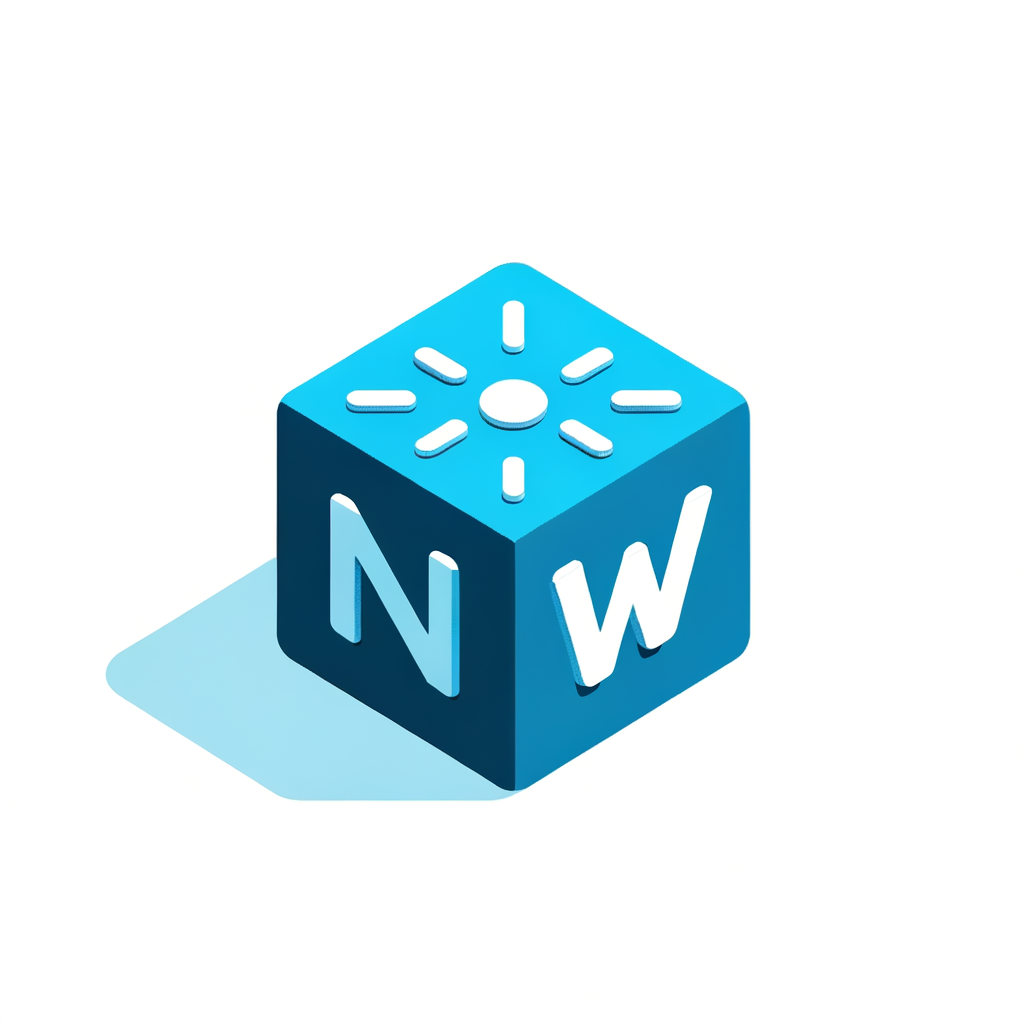In a landmark legal battle, the U.S. Department of Justice (DOJ) has taken on tech giant Google, accusing it of maintaining an illegal monopoly over online search. This case has profound implications for the future of internet competition, consumer choice, and the digital economy.
## The Genesis of the Antitrust Case
The DOJ’s lawsuit against Google, initiated in October 2020, marked the first major antitrust action against a tech company since the Microsoft case in the late 1990s. The government alleged that Google engaged in anticompetitive practices to preserve its dominance in the search engine market. Central to the case were Google’s exclusive agreements with device manufacturers and browsers, ensuring its search engine remained the default choice for users. These deals effectively stifled competition by limiting the visibility and accessibility of rival search engines.
## Judicial Findings and Rulings
In August 2024, U.S. District Judge Amit Mehta ruled that Google had violated antitrust laws by abusing its market power to suppress competition. The court found that Google’s exclusive agreements with companies like Apple and Mozilla were instrumental in maintaining its search engine monopoly. Judge Mehta stated, “Google is a monopolist, and it has acted as one to maintain its monopoly.” ([washingtonpost.com](https://www.washingtonpost.com/technology/2024/08/05/doj-google-monopoly-trial-judgment/?utm_source=openai))
This ruling was a significant victory for the DOJ, underscoring the government’s commitment to curbing monopolistic practices in the tech industry. The decision also set the stage for discussions on appropriate remedies to restore competitive balance in the search engine market.
## Proposed Remedies to Address the Monopoly
In response to the court’s findings, the DOJ proposed several remedies aimed at dismantling Google’s search engine monopoly:
– **Divestiture of Chrome Browser**: The DOJ suggested that Google should sell its Chrome browser to prevent it from leveraging browser dominance to favor its search engine. ([theguardian.com](https://www.theguardian.com/technology/2024/nov/21/google-sell-chrome-us-court-filing-demand-competition-laws?utm_source=openai))
– **Prohibition of Exclusive Agreements**: The government recommended banning Google from entering into exclusive agreements that set its search engine as the default on devices and browsers.
– **Data Sharing with Competitors**: To level the playing field, the DOJ proposed that Google share certain user data with rival search engines, enabling them to improve their services and compete more effectively.
These remedies aim to dismantle the structural advantages that have allowed Google to maintain its dominant position and to foster a more competitive search engine landscape.
## Google’s Defense and Counterarguments
Google has vigorously defended its practices, arguing that its market position is a result of providing superior products and services that consumers prefer. The company contends that its agreements with device manufacturers and browsers are standard industry practices and that users can easily change default search settings if they choose.
Furthermore, Google warns that the proposed remedies, particularly the divestiture of Chrome, could disrupt the integrated user experience and hinder innovation. The company maintains that its ecosystem benefits consumers by offering seamless and efficient services.
## Real-World Implications and Case Studies
The outcome of this case could have far-reaching implications for the tech industry and beyond. A historical parallel can be drawn with the Microsoft antitrust case of the late 1990s, where the company was found to have maintained a monopoly in the PC operating systems market. The remedies imposed, including restrictions on Microsoft’s business practices, led to increased competition and innovation in the software industry.
Similarly, breaking up Google’s search engine monopoly could pave the way for emerging competitors to gain market share, leading to more diverse and innovative search options for consumers. It could also set a precedent for addressing monopolistic practices in other sectors of the tech industry.
## Conclusion and Call to Action
The DOJ’s case against Google represents a pivotal moment in the ongoing effort to ensure fair competition in the digital marketplace. As the legal proceedings unfold, it is crucial for policymakers, industry stakeholders, and consumers to stay informed and engaged.
We encourage readers to follow developments in this case closely and to consider the broader implications of monopolistic practices in the tech industry. Advocating for policies that promote competition and innovation will help ensure a vibrant and dynamic digital economy for all.
## Google’s Search Monopoly Under Legal Scrutiny:
– [Google could use AI to extend search monopoly, DOJ says as trial begins](https://www.reuters.com/sustainability/boards-policy-regulation/google-faces-trial-us-bid-end-search-monopoly-2025-04-21/?utm_source=openai)
– [Google faces off with US government in attempt to break up company in search monopoly case](https://apnews.com/article/09b695c8de6c91b3d1e1b5305393f235?utm_source=openai)
– [Google’s digital ad network declared an illegal monopoly, joining its search engine in penalty box](https://apnews.com/article/a1e4446c4870903ed05c03a2a03b581e?utm_source=openai)





